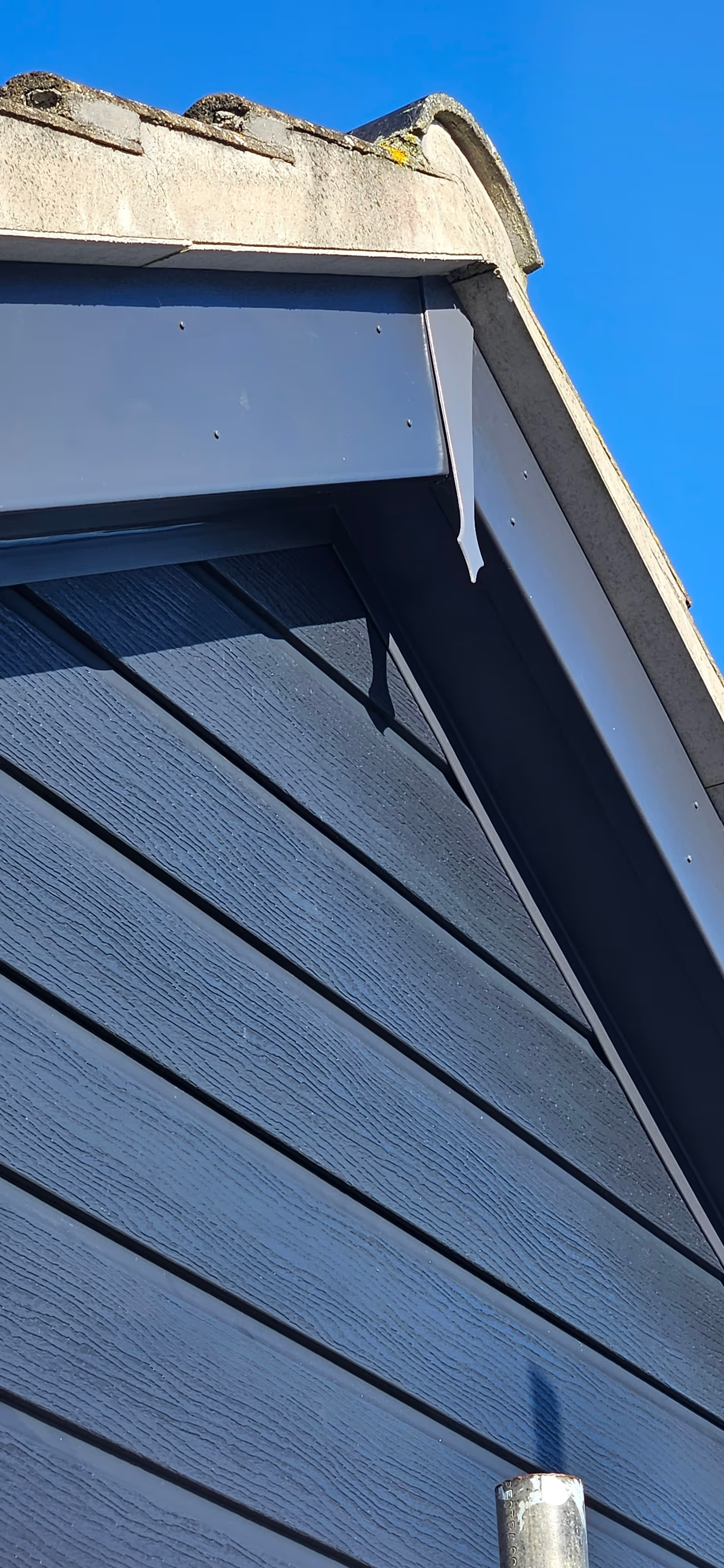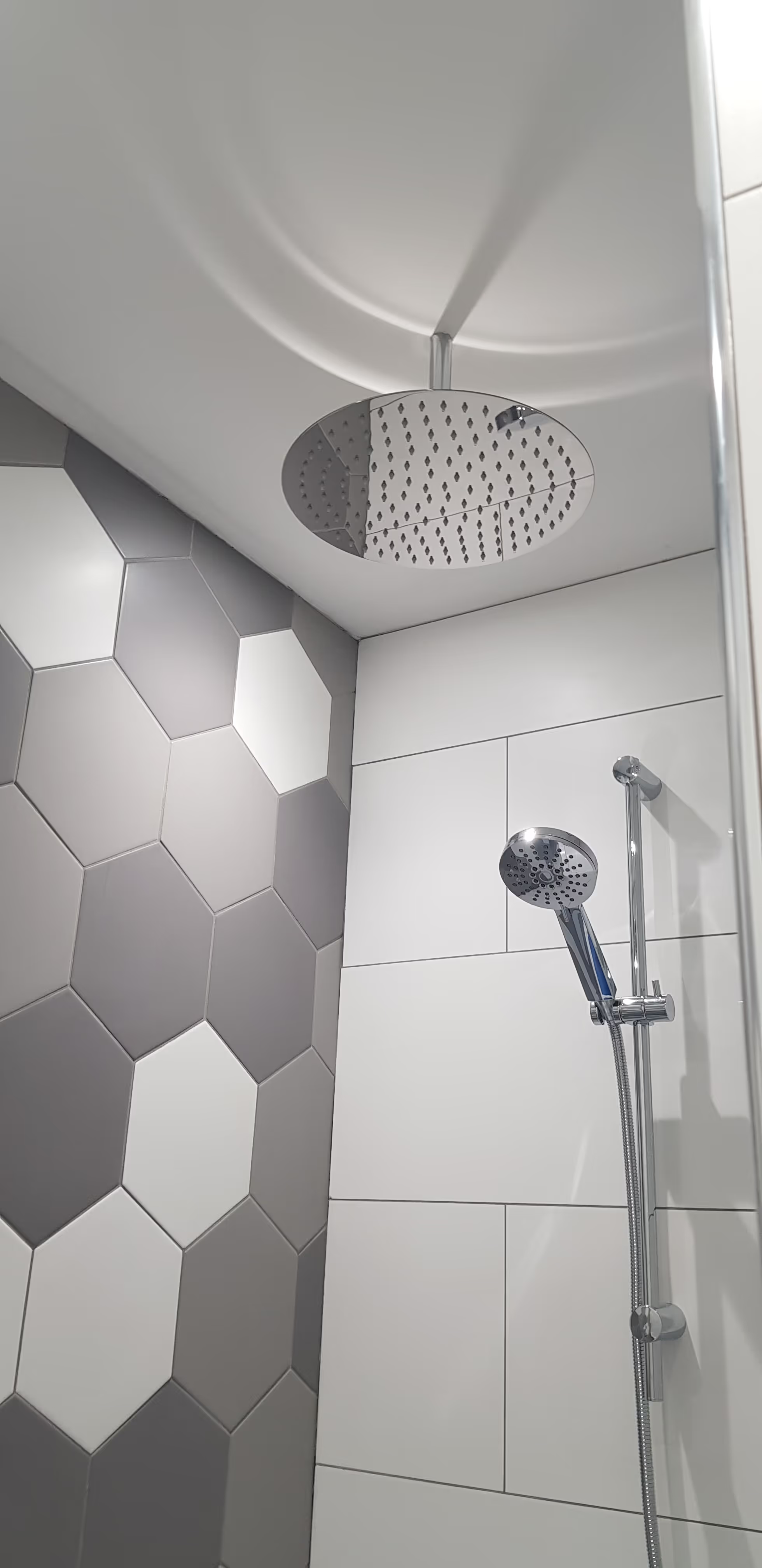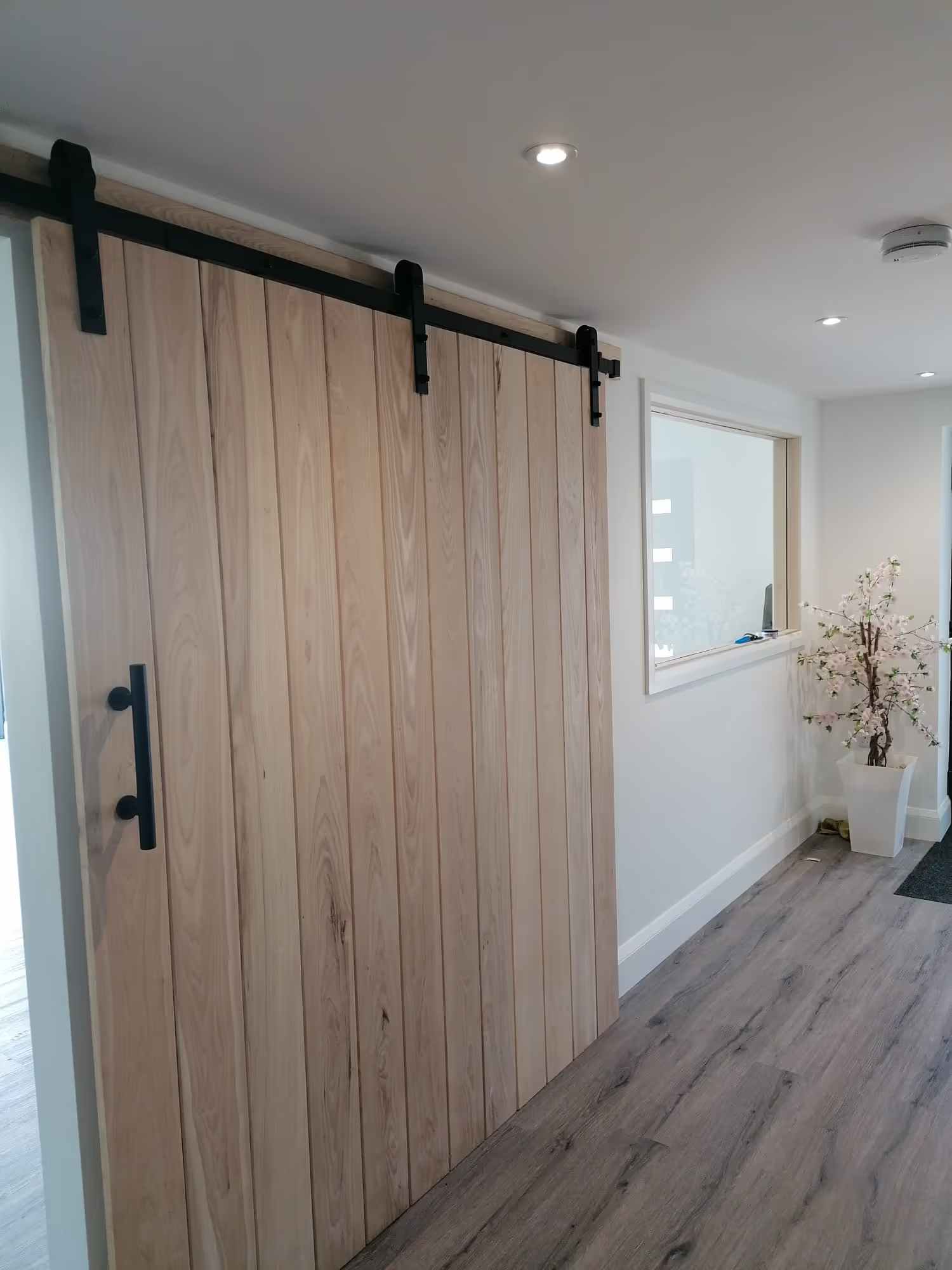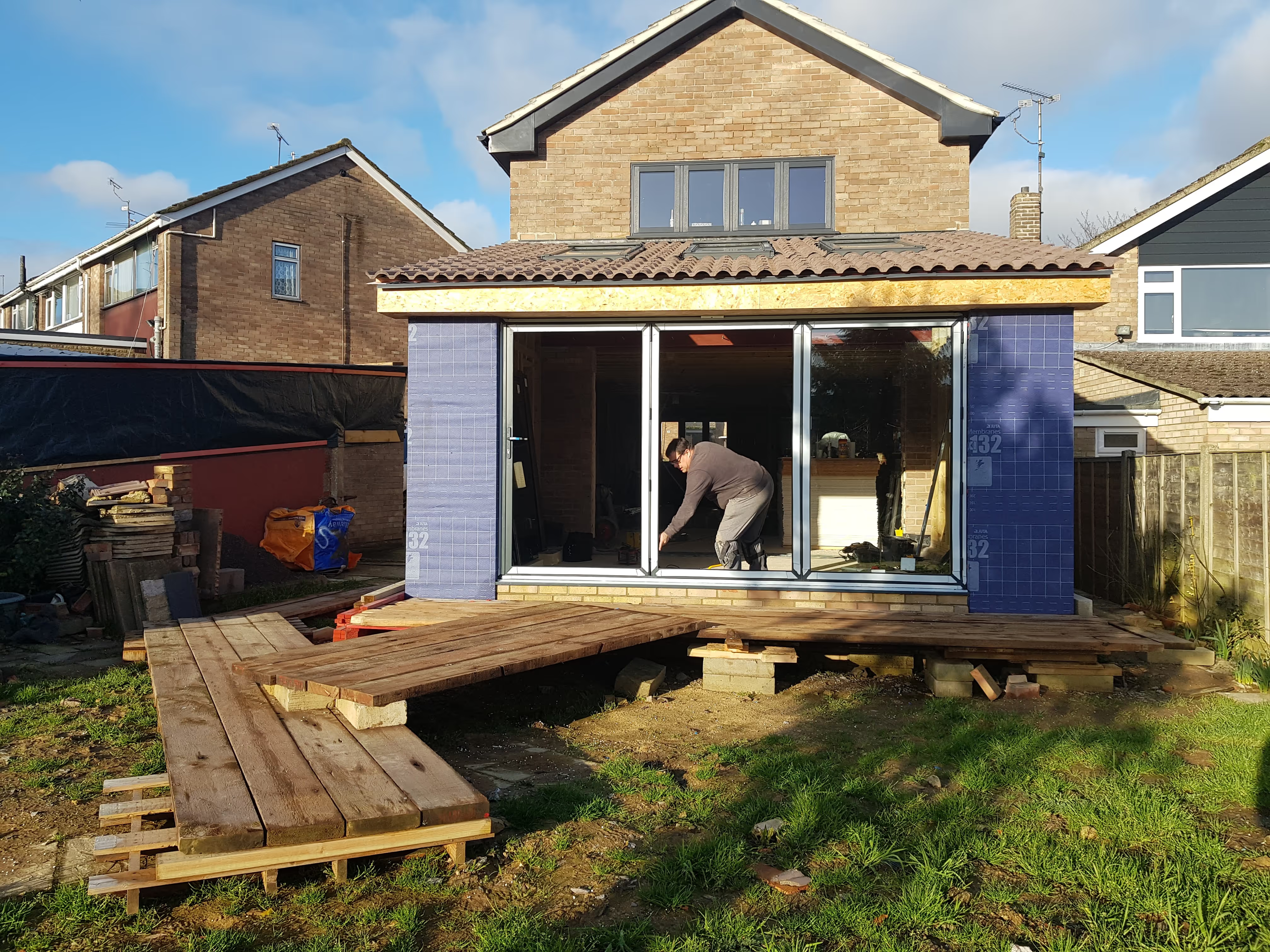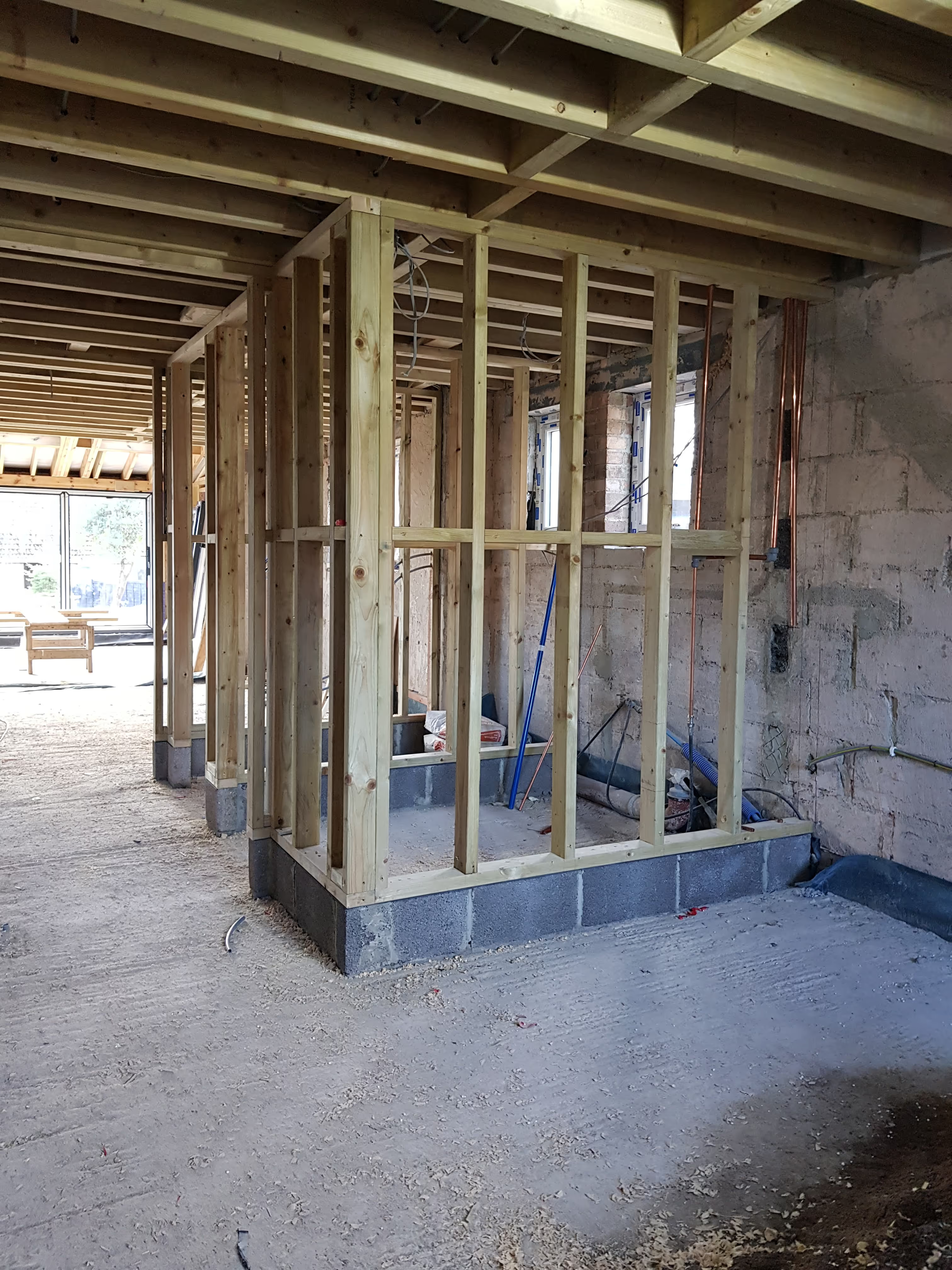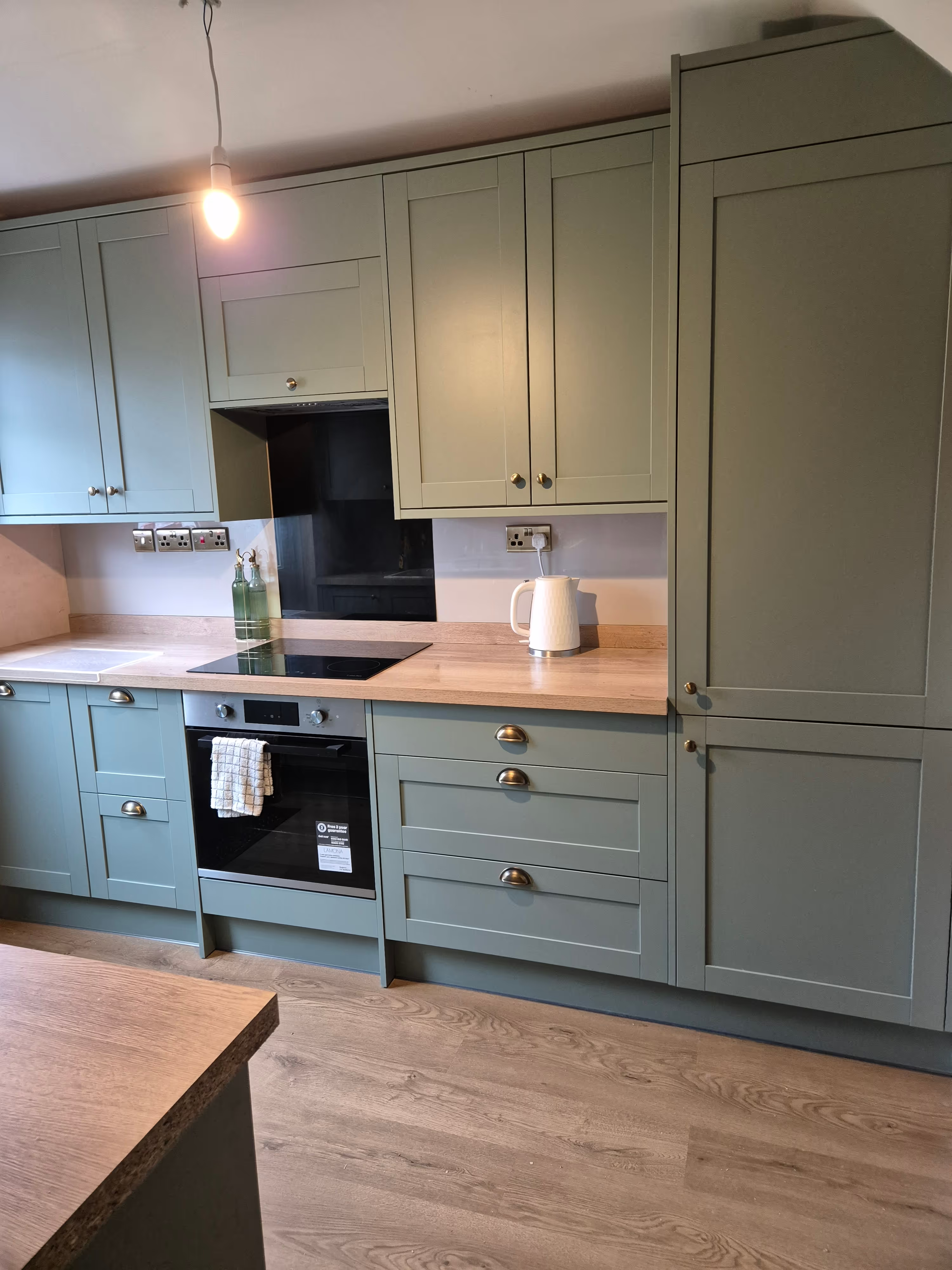If you're looking to add extra living space to your home, converting either a garage or a loft can be an excellent solution. Both options have their own unique advantages and drawbacks, depending on your needs, budget, and the existing structure of your home. Here, we explore the pros and cons of converting a garage versus a loft to help you determine which option is best for you.
Garage conversion
A garage conversion can transform an underused space into a valuable and functional part of your home. Whether it's a home office, an extra bedroom, or even a gym, garage conversions offer versatility and an opportunity to add value to your property.
Pros:
- Versatile space: A garage conversion offers a wide range of possibilities, from creating a new living area to a workspace or even a playroom. It can be adapted to suit your family's specific needs.
- Cost-effective: Since garages are typically at ground level, converting them tends to be less complicated and more cost-effective than a loft conversion. You may not need to worry about adding stairs or dealing with major structural work.
- Minimal disruption: Garage conversions generally involve less disruption to your home life compared to loft conversions. Since the work is contained within the garage, there's minimal impact on your day-to-day activities inside the main house.
- Increased property value: A well-executed garage conversion can significantly increase the value of your home, especially if it provides much-needed extra living space.
Cons:
- Loss of storage or parking: Converting your garage means sacrificing its original purpose—either as a parking space or for storing items. This could be a disadvantage if you have limited parking options or need storage space for tools and equipment.
- Planning considerations: Depending on your location, you may need planning permission to convert your garage, especially if you live in a conservation area or a listed property. It’s important to check local regulations before proceeding.
- Limited natural light: Garages often have fewer windows compared to other parts of the home, which means you may need to invest in additional windows or light fixtures to create a bright and welcoming space.
Loft conversion
A loft conversion makes use of the space above your home to create an additional room, whether it's a bedroom, home office, or a relaxation area. This option is particularly popular in homes with unused loft space and offers a great way to increase your home's square footage without extending outwards.
Pros:
- Maximise existing space: Loft conversions make use of space that is often underutilised, allowing you to add an extra room without taking up garden or driveway space. This is particularly beneficial for those with smaller plots.
- Added property value: A loft conversion can significantly increase the value of your home, especially if it adds a new bedroom with an en-suite. This makes it an attractive investment for those planning to sell their home in the future.
- Great views and natural light: Lofts are elevated spaces, and converting them often involves adding roof windows or dormers, which can provide lovely views and plenty of natural light, making the space bright and airy.
- Privacy: A loft conversion is ideal for creating a private retreat away from the main living areas of your home. Whether you want a peaceful bedroom or a quiet workspace, the loft provides a secluded environment.
Cons:
- Higher costs: Loft conversions can be more expensive than garage conversions due to the structural work required. You may need to strengthen the floor, add dormer windows, or install stairs, which can all add to the cost.
- Access challenges: Adding a staircase to access the loft can be a challenge, particularly in smaller homes. You need to consider where the stairs will be located and whether they will take up valuable floor space in the rooms below.
- Potential planning permissions: Although many loft conversions fall under permitted development, certain alterations may require planning permission—especially if the conversion affects the shape of the roof or the overall appearance of your home.
- Disruption during construction: Loft conversions can be disruptive, as builders may need to access the rest of your home during construction. The process can take several weeks, which may cause some inconvenience.
Conclusion
Both garage and loft conversions offer fantastic opportunities to increase the living space in your home, but the right choice depends on your individual needs and circumstances. A garage conversion is ideal if you want a cost-effective, versatile solution with minimal disruption, whereas a loft conversion can provide a spacious, light-filled room that maximises existing space.
Consider factors like budget, the type of space you need, and any planning permissions required before making your decision. Whichever option you choose, we'd be more than happy to help you achieve a well-executed conversion that can add value to your home and improve your quality of life.





